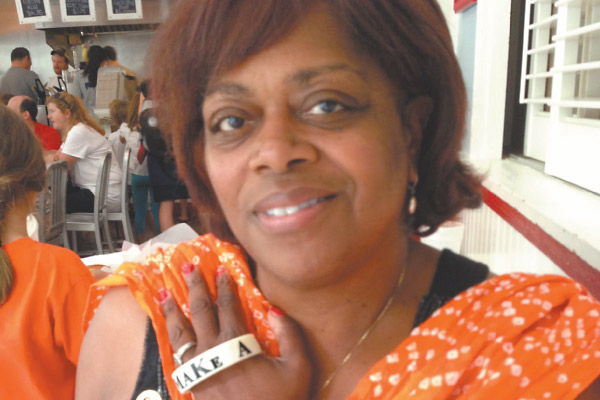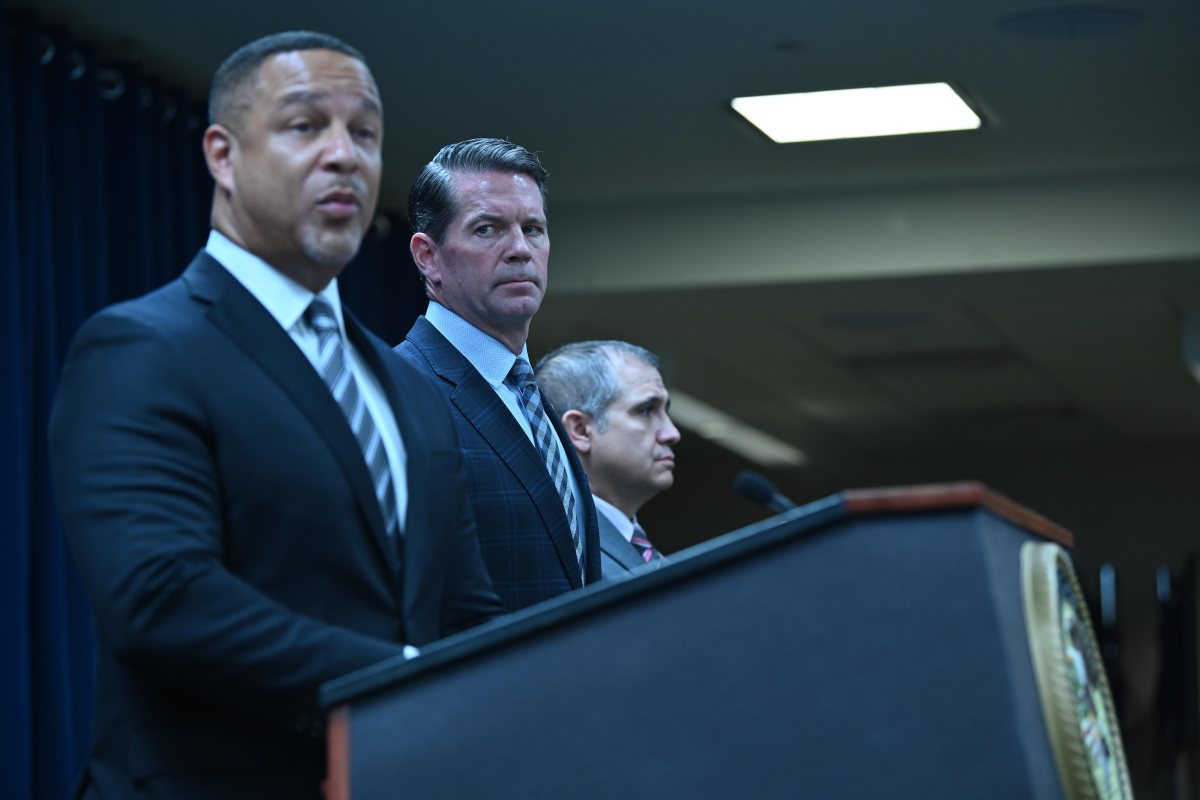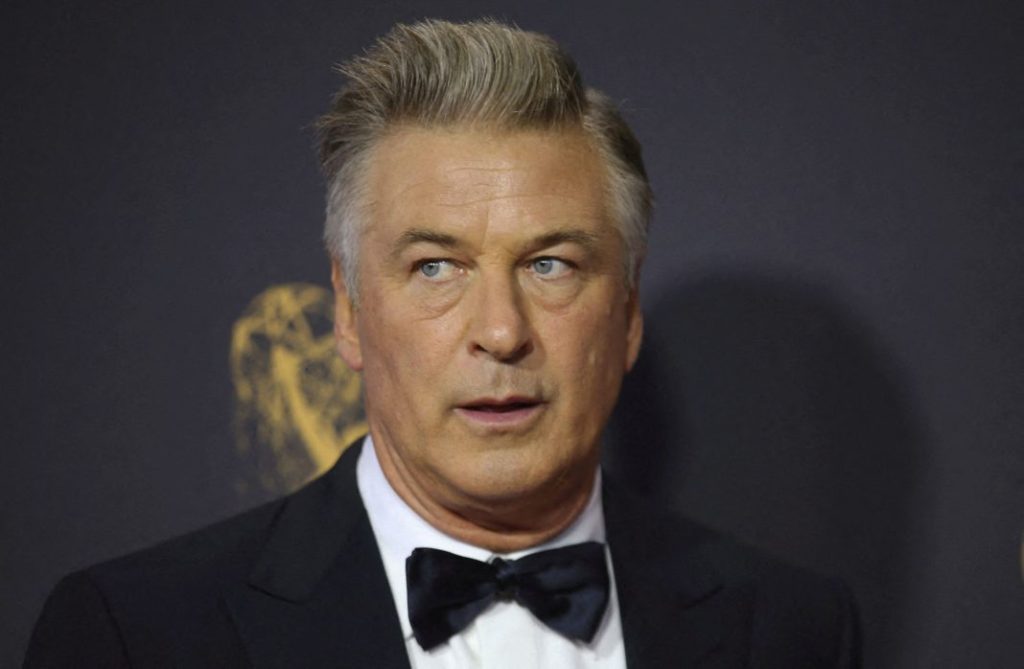Who's Here: Suzan Johnson Cook Ambassador-at-Large

Suzan Johnson Cook, who has spent much of her life as a Baptist pastor, NYPD chaplain, professional speaker and community leader, with ministries in Harlem and Manhattan, was honored a few weeks ago in Sag Harbor, when several hundred of her close friends, neighbors and villagers dedicated a street bench to her in front of Lee Jewelers at 42 Main Street. Lee Elliott and her daughter Dari, the owner of the store, were also participants. This is a small thing in the scheme of things. But it is a large thing in the life of Suzan Johnson Cook who values family and friends. Her family has owned a vacation home in the Azurest section of Sag Harbor for nearly 20 years. Feel free to rest a bit on her bench.
The bench dedication was one thing. But two years ago, there was another ceremony that was much grander: 560 people, family, friends and colleagues from Sag Harbor and New York City traveled to the State Department in Washington D. C. to witness Secretary of State Hillary Clinton, at the behest of President Obama, swear her in as the United States Ambassador-at-Large for International Religious Freedom.
Her job, beginning on her swearing-in day of May 16, 2011, has been to advise the President and the Secretary of State before and after travels around the world to visit with fellow diplomats, governments and leaders in dozens of foreign countries. All 199 countries of the globe are her portfolio and her job is to urge everyone, particularly those that suppress religious freedom or do not recognize it, to instead abide by the universal Declaration of Human Rights, created by the United Nations in 1948, which, among other things gives to each person the right to believe (or not believe) and to express that belief without governmental interference. Since that time, she has gone to 25 countries on 5 continents, including three of the eight countries that the United States has highlighted as the worst offenders, or countries of particular concern.
I interviewed Ms. Johnson Cook in modest circumstances, at one of the picnic tables at Bay Burger restaurant in Sag Harbor, near her home. She wears a bracelet wherever she goes, given to her by her Sag Harbor friends, which reads “Make a Difference.” And she also wears a U.S. State Department Ambassador medallion pin on her lapel. The photograph here, taken at this interview, shows her showing off both.
I asked her which was the most interesting place she visited in her travels.
“I would have to say the Vatican,” she said. “I was with the Pope three times. It was quite memorable. Ordinarily, as a common citizen, and as a Baptist minister, I would not be able to have an audience with him. But as an Ambassador I can.”
She has visited numerous countries where “freedom works,” as she put it, including Ghana and Liberia where religious freedom is central, and in Liberia the women of that country vowed to not come home to their families unless the men stopped fighting about their religions, which they did.
“My proudest achievement,” she said, “was helping with the release of a Christian Pastor in Iran who had been jailed for his beliefs. I was also able to help get both women and faith leaders to the table of religious-freedom discussions.”
Ms. Johnson Cook was born and raised in Harlem. She had an older brother, Charles, who became the first black assemblyman in the Bronx. Her father, Wilbert, was one of the first black trolley drivers in New York City. Her mother, Dorothy, was a schoolteacher and guidance counselor.
After working with the MTA, her father served as an auxiliary police officer, and as a result of that experience, he and her mother built a watchguard private security company in the Bronx, which has become the longest-running African-American family business in that borough.
“It was founded in our basement,” Suzan said, “and my mom did the bookkeeping, and scheduling. Soon it became very successful. We were employing 250 men in the Bronx at one point. And so I learned how the private sector worked from my dad, and about public service work from my mom. She was a school teacher for more than 20 years, teaching several generations in Harlem’s District Five.”
In the early years, after moving from Harlem, the family made their home in the Wakefield section of the Bronx, up near the Westchester border. Her family became one of those integrating that community where Jews, Italians, blacks and whites were learning to live together. In those years this was a large working-class community.
Suzan’s parents took an interesting approach to raising their two children. They wanted to expose both of them to all kinds of experiences. For starters, in Harlem, they had two different faith traditions and went to two different churches. Mother was a Presbyterian, Dad was a Baptist. On Sundays, first they’d go to the Rendall Memorial Presbyterian Church for one hour, then walk to the Union Baptist Church for a two-hour service. “The church was not only central to faith and civil rights but also cultural and educational. Failure was not an option. The black middle-class professionals would encourage us to pursue our highest dreams,” she said.
“In the summertime in my early years, we were sent south to North Carolina to visit with my mother’s family, who were first farmers. I was able to hear stories of and live part of the Jim Crow experience in the small towns they lived in—Monroe and Concord, North Carolina—with the white folks on one side of the tracks and the black folks on the other. Then I’d come home and be part not only of the black culture, but I’d also meet and spend time with whites.”
In 1963, as a little girl, she witnessed her parents active in the Civil Rights movement and were part of the March on Washington, where they were to hear the Reverend Martin Luther King.
“My mom had me attend one of the ‘Freedom Schools,’ in the basement of the Abysinnian Baptist Church in Harlem and other places where we kids learned the songs and meaning of the Civil Rights movement and how to protest nonviolently.”
Suzan also remembers that her mother sometimes brought home kids from the school where she taught, to provide some stability and to expose them to “some of our family.
“They’d stay with us. Sometimes we had five kids sleeping at our house.”
Her father’s business, the Johnson Security Bureau, prospered. They now did work for many private companies and government agencies. Soon the family moved to an upper floor of the Executive Towers overlooking Yankee Stadium, only the second African-American family to do so at that time.
“We’d have tailgate parties out on the terrace and watch the games,” Suzan said. “Many members of the New York Giants lived in our building when football was in season. I recall meeting Joe Namath out on our terrace when I was a little girl. I babysat for Spider Lockhart.”
Suzan attended the Riverdale Country School. She studied with people from all over. One year when she was about fourteen, she was an exchange student in Valencia, Spain.
When it came time for college, Suzan’s brother went off to Dartmouth and to Berkeley’s Boalt Hall to study law. Eventually he became an Assistant D. A. and after that, the first black State Assemblyman from the district at the age of 26.
As for Suzan, her mother urged her to go to Fisk University in Nashville to get exposed to an historically African-American college tradition (HBCU). “After a year, I transferred to Emerson College in Boston, where I got a degree in Mass Communications.”
Graduating, she joined Operation Crossroads, a group similar to the Peace Corps, and went to Africa where she lived in Ghana.
Her first job was at WJLA-TV in Washington as a floor producer.
“This meant I was one of those people on the set directing people.”
But about this time, Suzan says, she got called to the ministry. She decided she would enroll in a seminary.
“Who called you?” I asked.
“There’s only one call and it comes from God. I wanted to do good things for Humankind.”
In 1981, at the age of 24, taking a break while studying at the Union Theological Seminary in Manhattan, she went with her friend Yolanda King, the daughter of Martin Luther King, back to Africa. They traveled together for eight weeks, and visited Senegal, Ghana, Nigeria, Benin, Cote d’Ivoire, Upper Volta and Mali. Suzan’s degree came in 1982.
For the next 30 years, Suzan preached and was a professional motivational speaker. She is a powerful speaker. Her first assignment was to the Mariners Temple Baptist Church on the Lower East Side. She’s spoken to crowds as large as 17,000 in Charlotte’s Coliseum. She has given more than 2,500 speeches worldwide.
Suzan served as senior pastor at the Mariners Temple Baptist Church from 1983 to 1996. During this time there, she was also appointed as the official chaplain of the New York City Police Department, a position she held for the next 21 years. She was the first and only female to ever hold this job. It also happened during this time that she received appointments from the Clinton Administration. She was selected in 1993 to become a White House Fellow. She then became an advisor to President Clinton, serving as domestic policy advisor for a while and then on the advisory team for President Clinton’s One America Initiative. Two years later, 1996, she founded the Bronx Christian Fellowship Baptist Church, which she led for the next 15 years—until she was asked by President Obama to become an Ambassador.
Suzan was the police chaplain when the Twin Towers fell on September 11, 2001.
“That morning, I was on my way from my home in the Bronx to LaGuardia Airport to pick up someone who was flying in from the Bahamas to speak at our church. I had gotten as far as the Triborough Bridge but police were not letting civilians across it. I showed them my badge and they let me through and it was on the bridge that I saw the second of the towers fall. It was an experience I will never forget.
“At the terminal at LaGuardia, all the airport staff were outside. There was no airport information, no phone service. Many flights had been diverted and cancelled, and our speaker was nowhere to be found. On my way back to the Bronx, I picked up several hitchhikers, firefighters and police officers trying to get to their units in the Bronx. I then returned home, knocked on doors in our apartment building, and offered to pick up children of the neighbors from school as I was about to pick up my own in my car. I had lots of room in my SUV. I did that all morning.”
Suzan spent the rest of the day at the police control headquarters at One Police Plaza, and then spent time at Ground Zero. It was a sad, sad day, and she officiated and attended many funerals afterwards.
Suzan married in 1991. It was while she was serving as the pastor at the Mariners Temple Baptist Church that she came to meet the man she would marry.
“Ministers would meet on a Monday at one or another of the churches there. One Monday, Gardner C. Taylor was going to speak. So I went. Ronald Cook was also there. He was the Community Development Coordinator for the Convent Avenue Baptist Church. It was love at first sight.”
They got married at the historic Riverside Church, with more than 2,000 in attendance and a serious police motorcade. She was the first chaplain to marry while in the force.
They settled in the Bronx. And there they raised two children, one who is today a pre-med student studying biology at Johns Hopkins University and the other just graduating high school and now beginning as a freshman at Princeton. He also happens to be a world-class shot putter.
During the last 20 years, Suzan Johnson Cook has been recognized as one of the most prominent leaders and women of the cloth in America. She taught at the New York Theological Seminary, joined the faculty at Harvard to teach communications. She opened a new ministry, in addition to the one she founded in the Bronx, on Wall Street at the St. John United Methodist Church. It meets at lunchtime and it is called “Wonderful Wall Street Wednesdays,” and consists of a half-hour non-denominational service that features a 10-minute speech by notables in the community. Among those who have spoken have been Al Sharpton, Jesse Jackson, Dave Dinkins, Bill Clinton and Charles Rangel. One year, during 2009, she also ran what she called “Harlem Hallelujah!”—800 people would assemble at the Apollo Theatre in Harlem for a huge service every Sunday for the 12 weeks between Advent and Easter.
But on June 15, 2010 she was nominated by President Barack Obama to the post of United States Ambassador-at-Large for International Religious Freedom, and so she moved to Washington to do ministry and diplomacy in a new, global way. Her nomination was delayed in the Senate for a while, but finally her diplomatic career officially began on May 16, 2011, when she was sworn in by Hillary Clinton, the first African-American to hold this important post.
Which brings us back to Bay Burger and the pride she feels about being “one of ours” in Sag Harbor.
“What do you like best about Sag Harbor?” I asked.
“My family and I and our kids have been residents here for the past 17 years,” she said. “I love that the place has such a sense of community. That everyone knows everybody. For example, when the bench was being dedicated in front of Lee Jewelers, the store owners, Lee Elliott and daughter Dari, embraced and encouraged the event, and were included at ‘our dedication,’ proud to be participants and celebrants.
“I also love that the village has a quaintness and really is a village. It also gives me time to commune with nature and have time for myself.”
On August 28, Suzan Johnson Cook stood at the Lincoln Memorial in Washington with Presidents Obama, Carter and Clinton to honor Martin Luther King and the 50th anniversary of his “I Have a Dream Speech.”
But she’ll be back to Sag Harbor and her beloved Azurest home here. We are honored to have the Ambassador in our community.



